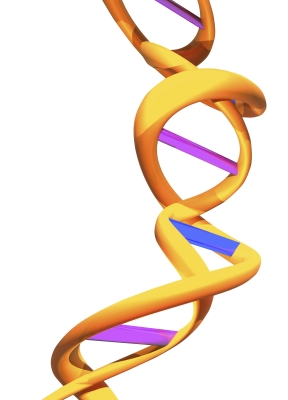Epigenetic mechanisms in psychiatric disorders
Although changes in genes are involved in psychiatric disorders, it is now increasingly accepted that many changes in gene expression in these disorders don’t stem from polymorphism in the DNA.
Rather, gene transcription is regulated by remodeling of chromatin structure via epigenetic processes. Chromatin is formed by a DNA molecule wrapped around an octomer of histones. Chromatin condensation and decondensation repress or enable, respectively, the accessibility of gene promoters to the transcriptional machinery, and the activity of transcription factors. The most significant epigenetic mechanisms are histone acetylation, which leads to chromatin relaxation that enables transcription, and DNA methylation, which occurs on specific cytosine-guanine dinucleotide domains (CpG islands) within gene promoters, and is associated with repression of transcription.
This project aims to characterize the role of epigenetic processes in psychiatric disorders such as schizophrenia and substance addiction.




